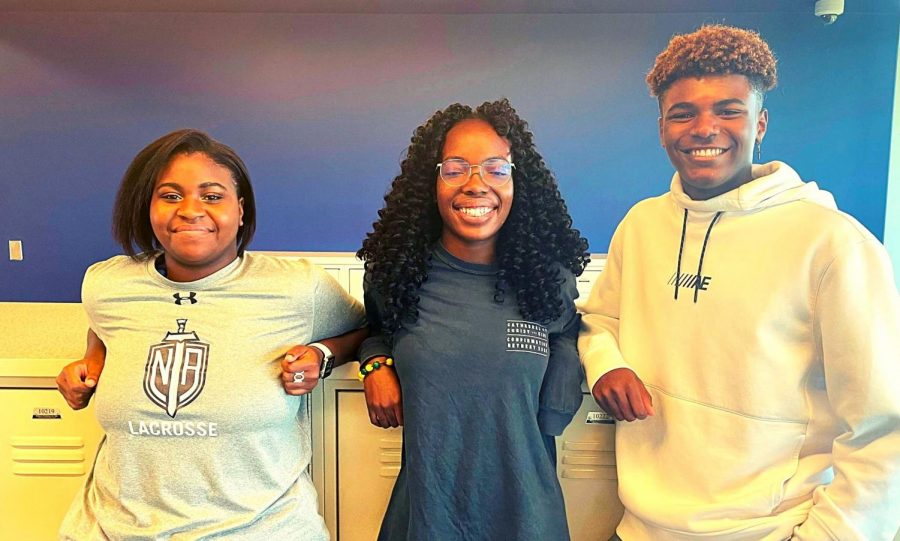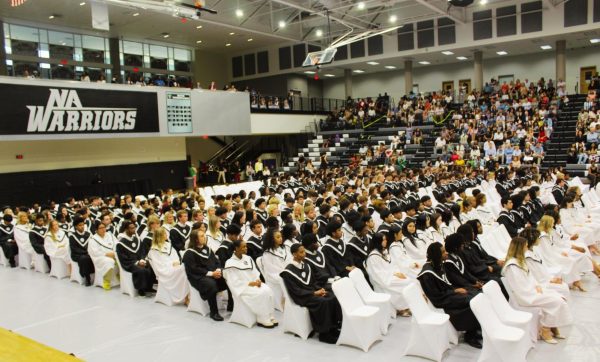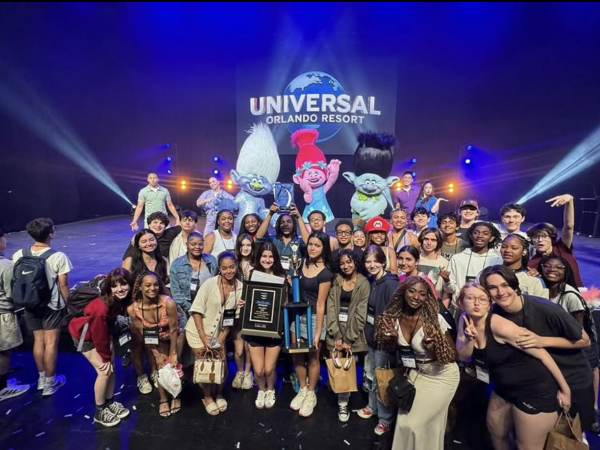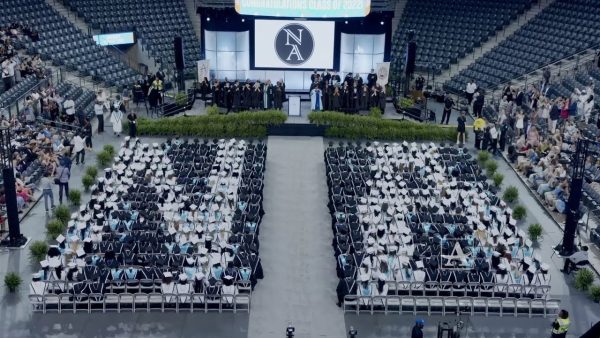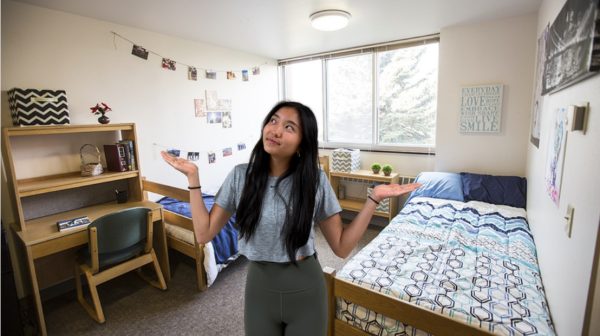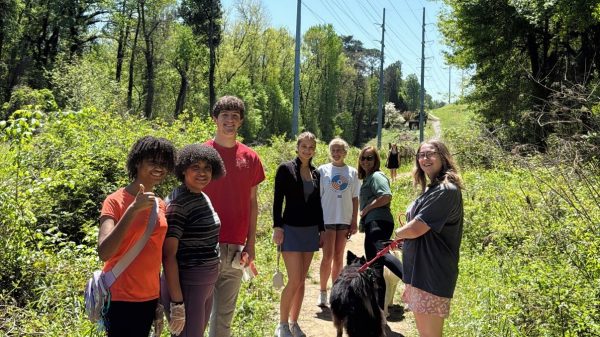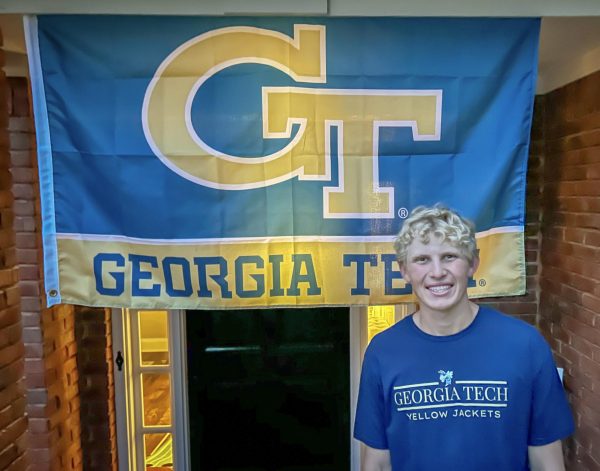Social Justice On a School-Wide Level: Black Student Union Advances Change
Seeking Change: Black Student Union leaders Brooklyn Lynch, Nneka Otuonye and Drew Barber have been part of a school-wide discussion on important topics like racism and social justice movement both in society and at North Atlanta. The three are part of the important club which has hosted well-attended meetings this year.
The year 2020 was a huge year for bringing awareness to certain issues America faces, with one of the biggest examples of this being racism and its ongoing prevalence almost 60 years after the Civil Rights Movement of the 1960s. The killings of George Floyd and Breonna Taylor have sparked massive protests across the country and opened up a greater conversation on how unequal minorities in America are and what needs to change. North Atlanta is a much smaller sample when referring to these national events but students have still reported experiencing racism on and off campus throughout their high school years.
North Atlanta’s BSU, Black Student Union, was founded during the year 2020 and is still going strong today. The leaders of the club today are Nneka Otuonye, Drew Barber and Brooklyn Lynch. These three decided to take initiative and lead the BSU club because as underclassmen they felt that once they became seniors they needed to be involved at the highest level possible. “I’ve always wanted to help African Americans succeed and make them feel that I was a person who they could come to when they wanted to talk about the hardships of being African American,” said Barber.
Brooklyn Lynch wanted to be a leader because she wanted to bring attention to some of the racist comments she has heard by some of white classmates. “I was in my teacher’s class and these white boys were talking about the black celebrities they would buy if slavery was legal again.” said Lynch.
Nneka Otuonye describes a time she was in class and a teacher stated that depending on how well the students did on the test would determine whether they were from Buckgead or Bankhead. “My freshman year in one of my classes, my teacher was passing out our graded tests. She said if you passed you were on the ‘Buckhead side’ and if you failed you were on the ‘Bankhead side,’ which is a predominantly black neighborhood,” Otuonye said.
In some cases the African American students feel uneasy about reporting to administration some of the racist comments they have heard from their white peers in class. The North Atlanta BSU serves as a palace for the African American students to come together and share with each other their experiences of what it’s like to be black at North Atlanta. In some of the meetings there has been an attendance of a few white students so they can educate themselves on how their actions affect the African American students and they want to make a difference towards making the school feel more as one unit.
North Atlanta’s BSU has had three well-attended meetings so far into the 21-22 school year. Barber, Lunch and Otuonye have said they have been heartened by the enthusiastic turnouts. Meetings take place in Room 8147 every (third Monday of the month). The faculty sponsors for the group are physics teacher Gregory Baeza and literature teacher D’Andra McPhail. Guided — and positive — discussions at the meetings so far this year have touched on educational inequalities, national politics and other issues surrounding the ongoing search for a just and equitable society. Meeting organizers say all are welcome. The only requirement is a mind open to unity and positive social change.


